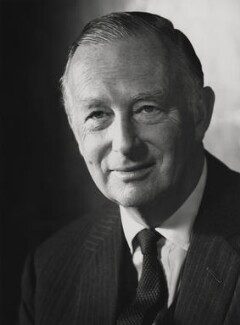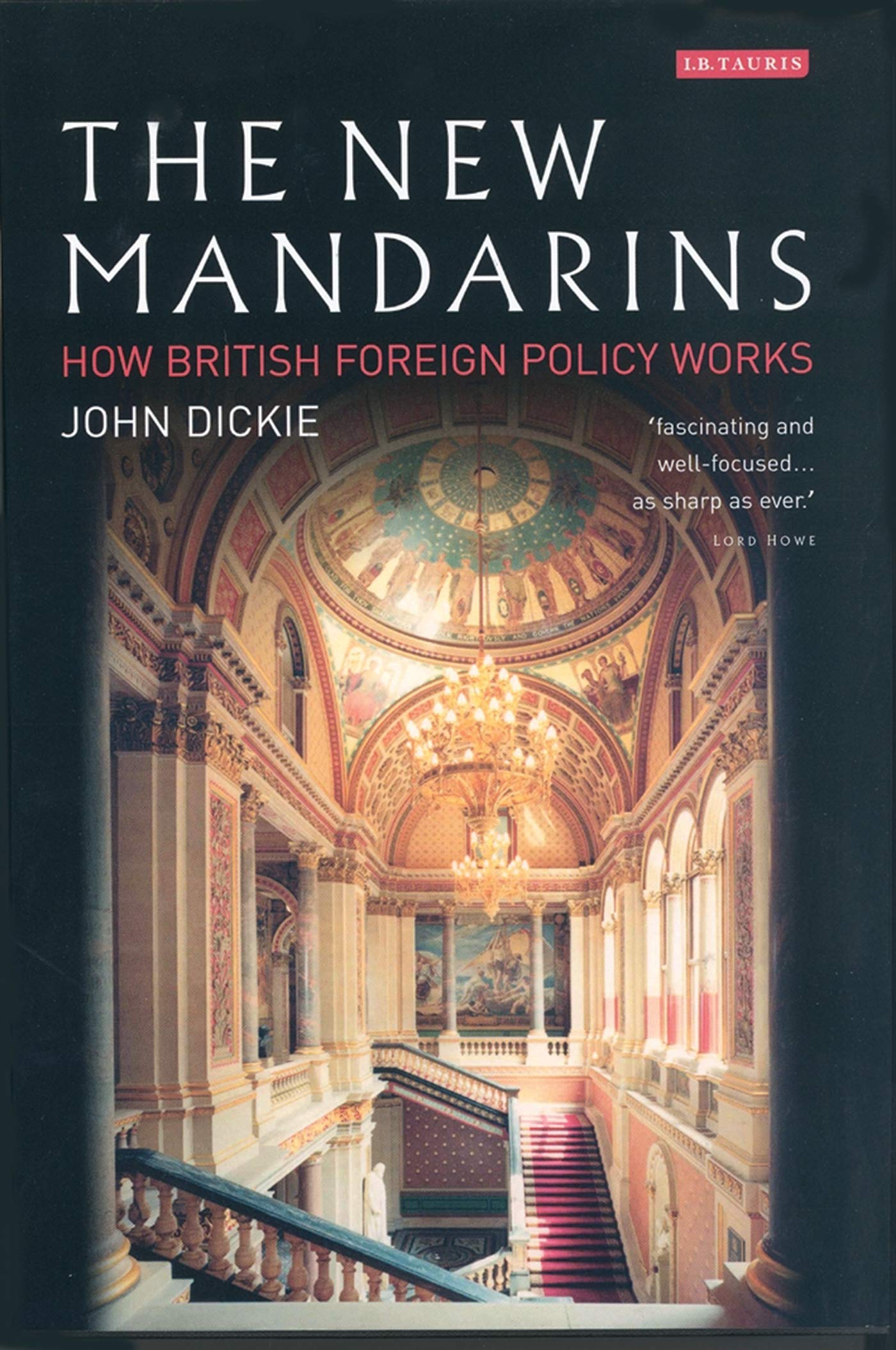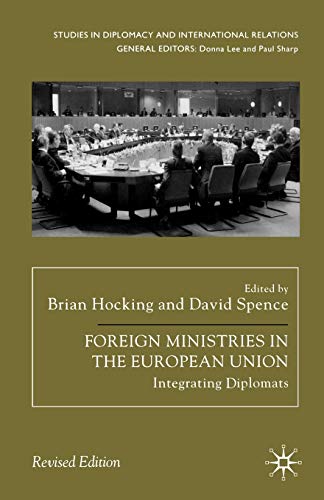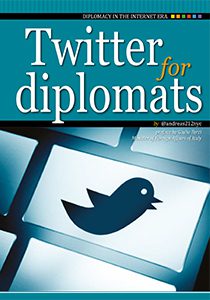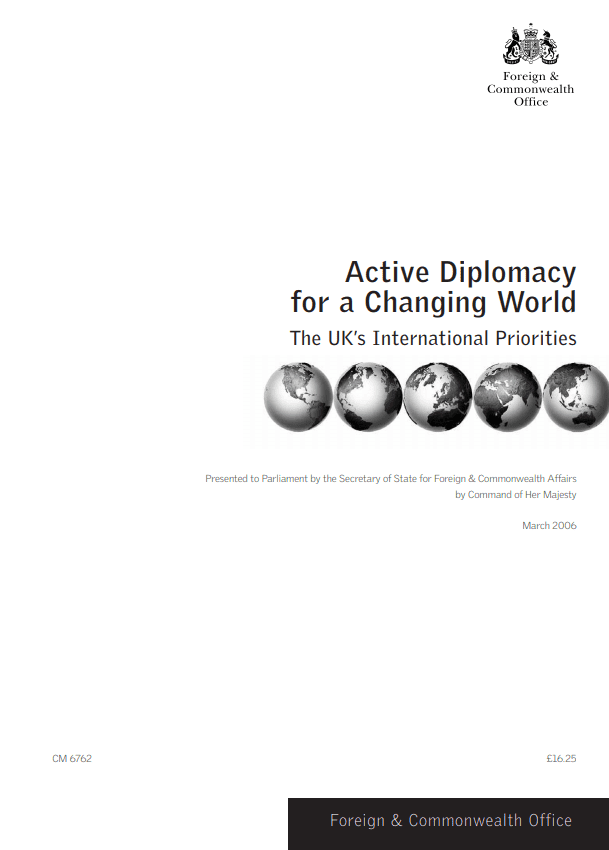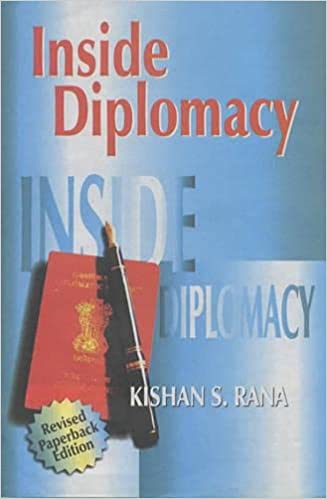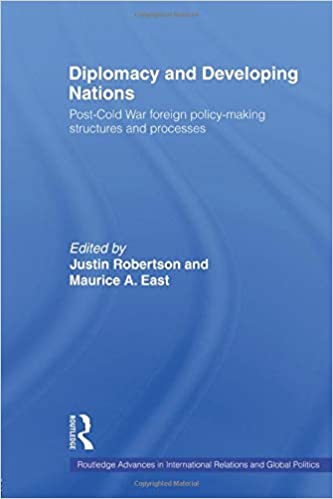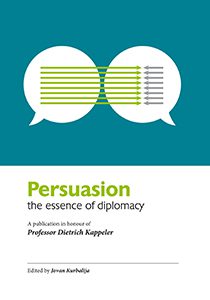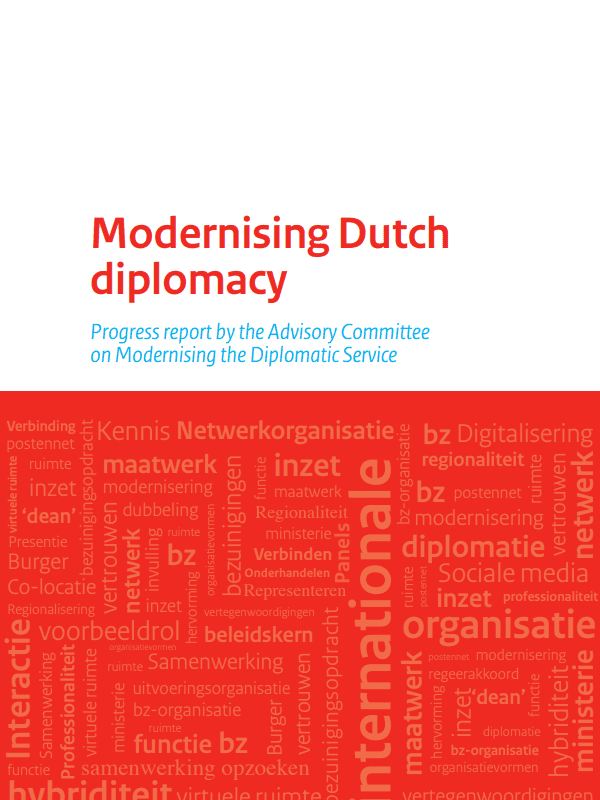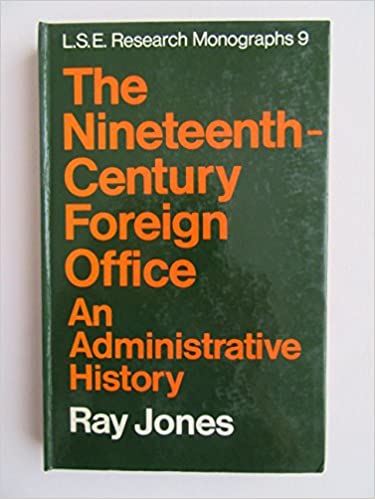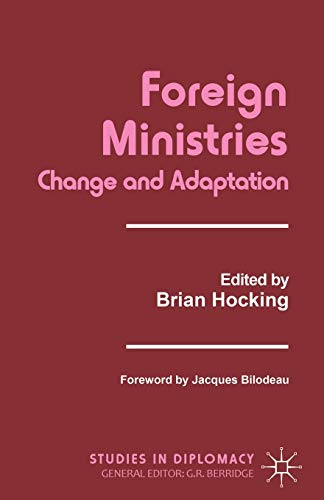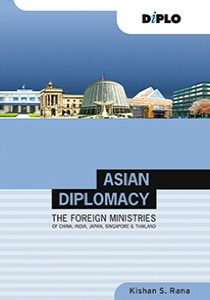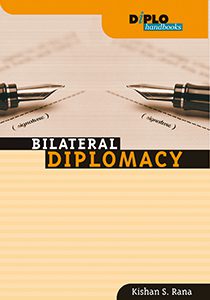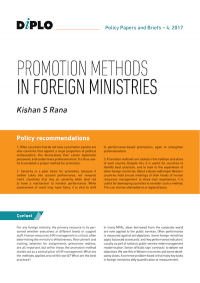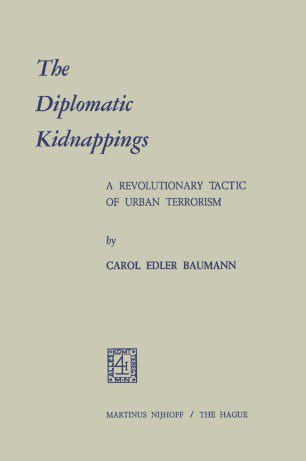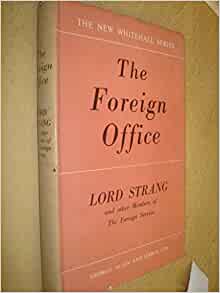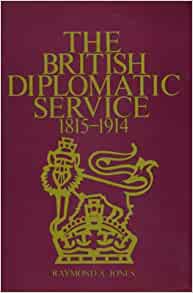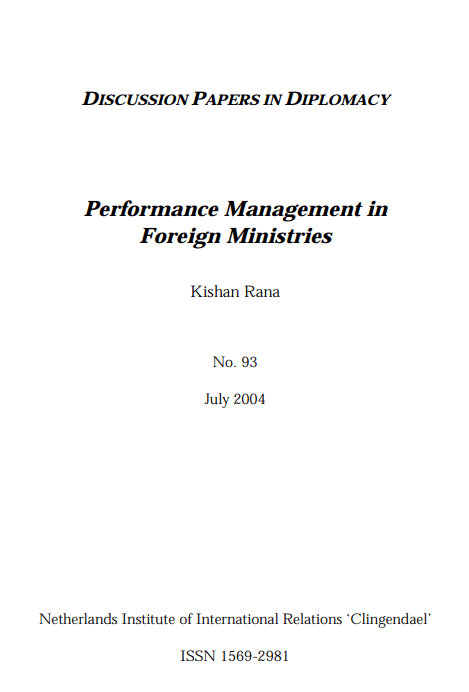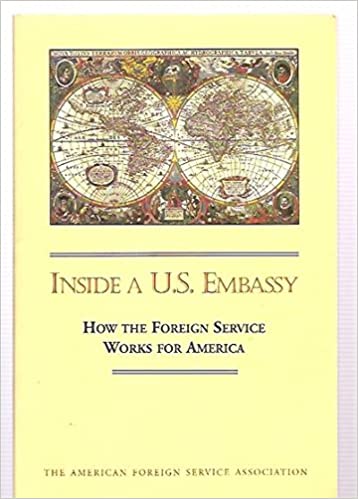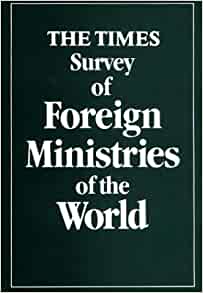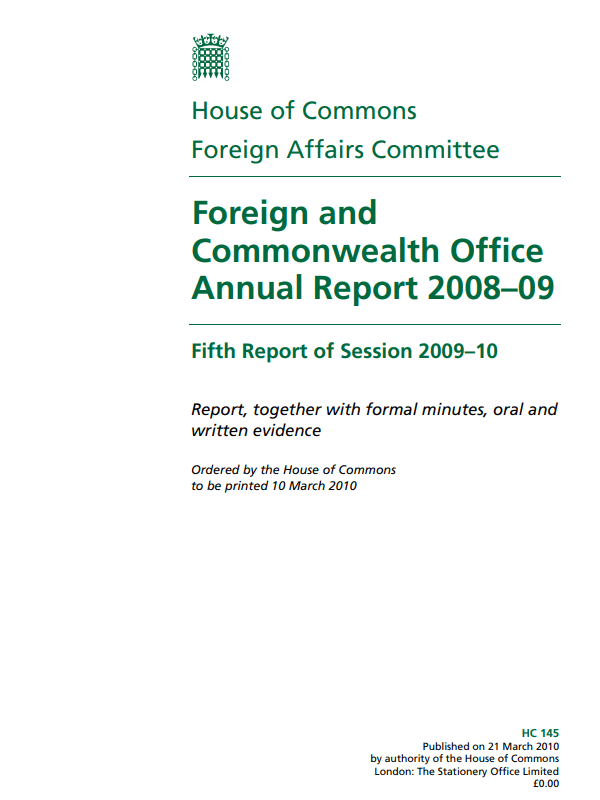I propose to make some fairly heretical comments about knowledge management. In doing so I take comfort from the fact that the instigator of Wilton Park, Sir Winston Churchill, believed in breaking the rules when necessary. I like, in particular, his comment that “a preposition is something you should never end a sentence with.”
When I saw the programme for this conference I couldn’t work out what the title of my talk meant. But the organisers kindly explained that I should simply explain the way in which the particular institution I lead, Wilton Park, operates. So I will:
- explain what Wilton Park does;
- highlight some of the key reasons for its success;
- identify some specific outcomes of the conferences; and
- offer a few reflections on the theme of knowledge management.
WILTON PARK
Wilton Park organises over 40 residential conferences a year on a wide range of key policy challenges, and produces reports on each one. Most last three and a half days, some are shorter. The conferences are mainly on international issues but there are also some on domestic policies of interest to a range of countries. Wilton Park is an Executive Agency of the British Foreign and Commonwealth Office but is academically independent (an unusual and highly productive mix). Because of this status, 60% of the participants are government officials and politicians working on the issues, and the remaining 40% are from a range of non-government professions. Only a fifth are British. A few come to learn for the first time about an issue, but most are already highly knowledgeable. Wilton Park’s website at www.wiltonpark.org.uk provides more background.
Why does it succeed?
I was impressed that one of the things Al Berg, an IT expert speaking at the February 1999 conference on Knowledge and Diplomacy in Malta, mentioned was exactly our sort of method: bringing people together for conferences as one way of exchanging knowledge and information. It is important to hear that statement from an IT expert. One can easily argue, in our fast-moving world, with e-mails and the internet, that bringing people together, as we do, in a 16th century, rural location is out of date. Is it really worth it? Doesn’t it take a long time?
I would argue that it is definitely worth it, and that data alone will always be insufficient: personal contact between individuals has a very important part to play in exchanging views and information on complex subjects. Part of this is human nature. What do we remember most? What we have read, or what people have told us? For most of us it’s the latter, and the laptop won’t change that.
There are four basic reasons why the way we bring people together at Wilton Park is not only still necessary but is, in fact, on the increase.
First, despite all the conferences and other meetings that take place on so many different issues, and among so many different nationalities, there are very few occasions when policy makers and non-government people get together and really examine the underlying problems. What are the root causes of the dispute between the protagonists? Are their aims and needs really so different, or is that a failure of perception? What can all concerned do to bridge gaps and work to mutual advantage? What are their current plans, what are the real prospects of making progress? This may sound basic, but all of us who have experience of working on international issues know that this sort of discussion is vital yet doesn’t happen very often in a productive way. So that’s the first reason: those coming find the exchanges useful and, because so many work for governments, there is a very direct impact on policy formulation.
The second reason is that the unattributable nature of the discussions encourages frank but informed debate. The collective experience is always vast, but it’s not an international negotiation and you won’t be quoted. Those are real benefits. There are lots of meetings where you represent your institution or your government, but very few where you can talk off the record. Wilton Park’s confidential and residential environment encourages participants to say what they think. They may be a bit constrained on the first day, but once they’ve got to know their fellow participants they relax and talk frankly. That can lead to some quite stormy exchanges, but there’s no harm in that if it’s reasonably controlled.
The third reason it works is that by bringing in top people in their field, the updating of knowledge is always considerable. Everyone gains new insights and new information. However much you know, there is always more to learn.
The fourth is the fact that it’s residential nature helps develop personal contacts. I know cases where they have lasted a lifetime and been really valuable.
The outcome?
But does all this make any difference? Does it produce a real outcome? If I were in the British Treasury, I would be saying: that’s all very well, but it costs money. Not much taxpayer’s money, but nonetheless, some. And what’s the result?
It is certainly true that increasing knowledge in itself doesn’t solve problems. Wilton Park conferences over the last year or so have highlighted that there was going to be a major crisis in Kosovo, an escalation of overt nuclear proliferation between India and Pakistan and a serious crisis in Asia because of the social and political tensions. None of these were prevented. But nonetheless, better informed policy makers can at least be better prepared to deal with such crises when they happen, and do their best to prevent them if they can. And in addition to the obvious benefits of the cross-fertilisation of ideas and information, and the creation of new personal links with people of real influence, there are concrete outcomes. A few examples.
We held last year a conference on the Common Agricultural Policy and a planner from the German Foreign Ministry told us that it had been invaluable for him in preparing the German government’s policy for their Presidency on this very important policy area.
We held a conference two years ago on the Greek-Turkish relationship, with just Greeks and Turks and a few other observers, which produced Greek-Turkish talks led by another institution on media coverage, military links and other contentious areas. I am not aware of any other forum that’s doing that. The influential people involved on both sides find it very useful, I am told.
Smaller foreign ministries that come to our events tell us they use the reports we produce on each conference as a working tool to update knowledge and think through policies.
We had a conference last year on the forthcoming Lome aid and trade renegotiation. Several of the ACP people there told us they found it very useful in preparing their negotiating position.
The BBC used one of our conferences as a basis for briefing their journalists for coverage of the German elections last year, and interviewed quite a few of the people who came to the conference.
We held a conference on the future of the UN last year, out of which we think there may well come a new set of principles for rejuvenating the UN in various ways, not least its Agencies.
And we held a conference on welfare reform last year which undoubtedly fed directly into the 13 January article on the front page of the London “Times” about the introduction of new welfare policies in the UK, in this case a modified form of American style workfare. I know for a fact that this in part came out of our conference.
KNOWLEDGE MANAGEMENT
Perhaps I could conclude by offering a few personal reflections on the theme of knowledge management in diplomacy based on 22 years of working for the British government in the Ministry of Defence, the Foreign Office and now Wilton Park. None of this may be revolutionary but I hope its worth hearing.
First point. Diplomatic services have very high quality staff, with exceptional commitment, and in the British case a global heritage which produces an enormous number of networks through the Commonwealth and other institutions, a virtually incorruptible civil service, and a stable and transparent democracy. Despite this, we manage information badly.
In my experience, the life of a civil servant in Britain is almost constant crisis management. Cutbacks in staff and resources have led to real overstretch. There is precious little time to think. I’m sure this will be familiar to lots of you, it’s not just a British problem. But in our case, there is little time to read carefully and to think, and even less to organise your information. The interaction with non-government thinkers is greatly restrained by the pressure of work. That lack of interaction can be damaging. It leads to perpetuation of policies which are well past their shelf life because civil servants are only talking to each other.
Job turnover is far too high, which means that experience, certainly in capitals, is far too slim. That applies in virtually every area.
Key information and recent documents are often very hard to find. A lot of time is wasted looking for them. IT is not used nearly enough to overcome this. As mentioned by other speakers, the introduction of IT in our organisations in the last ten or so years hasn’t saved work. It’s created vast amounts of extra work. Of course it has benefits. E-mailing and so on is enormously useful and time saving, but in other respects we’re a long way off. When it comes to design and use of IT, it’s like the motor car in the early stages of the century. We have an awful lot further to go, in terms of having systems that are easy to use, where you don’t have to click on 25 different things to obtain what you want, which don’t crash twice a day or remove useful tools every time a programmer touches them , etc.
I am not suggesting that everything we do is ineffective. The qualities of the people we have make our organisations work. But it’s despite rather than because of good management and use of knowledge. This may be a heretical thought, but it is certainly my own experience as a practitioner.
CONCLUSION
There is an obvious conclusion: we should have more meetings like this. This one is excellently timed. There needs to be more such opportunities to exchange views, and have training on the management and use of knowledge. Many of the things other speakers mentioned are new and directly relevant to my organisation and probably are to yours.
For our own part, in Wilton Park we are doing our best to increase the dissemination of our knowledge, for instance, through our website. We’re also going to be introducing a new publication which will bring together all our reports and papers, to be launched by the Stationary Office in April, entitled Current issues in International Diplomacy and Foreign Policy.
Last but not least, we are going to do our best to manage knowledge better by holding a conference with the Mediterranean Academy of Diplomatic Studies in Malta in November on the social impact of free trade in the Euro-Med area.
To conclude, I would suggest that the key to knowledge is giving greater priority to making the time to learn from others, not least at meetings like this. We should learn from Henry Kissinger’s shrewd observation: “There can’t be a crisis next week, my schedule is already full.”


